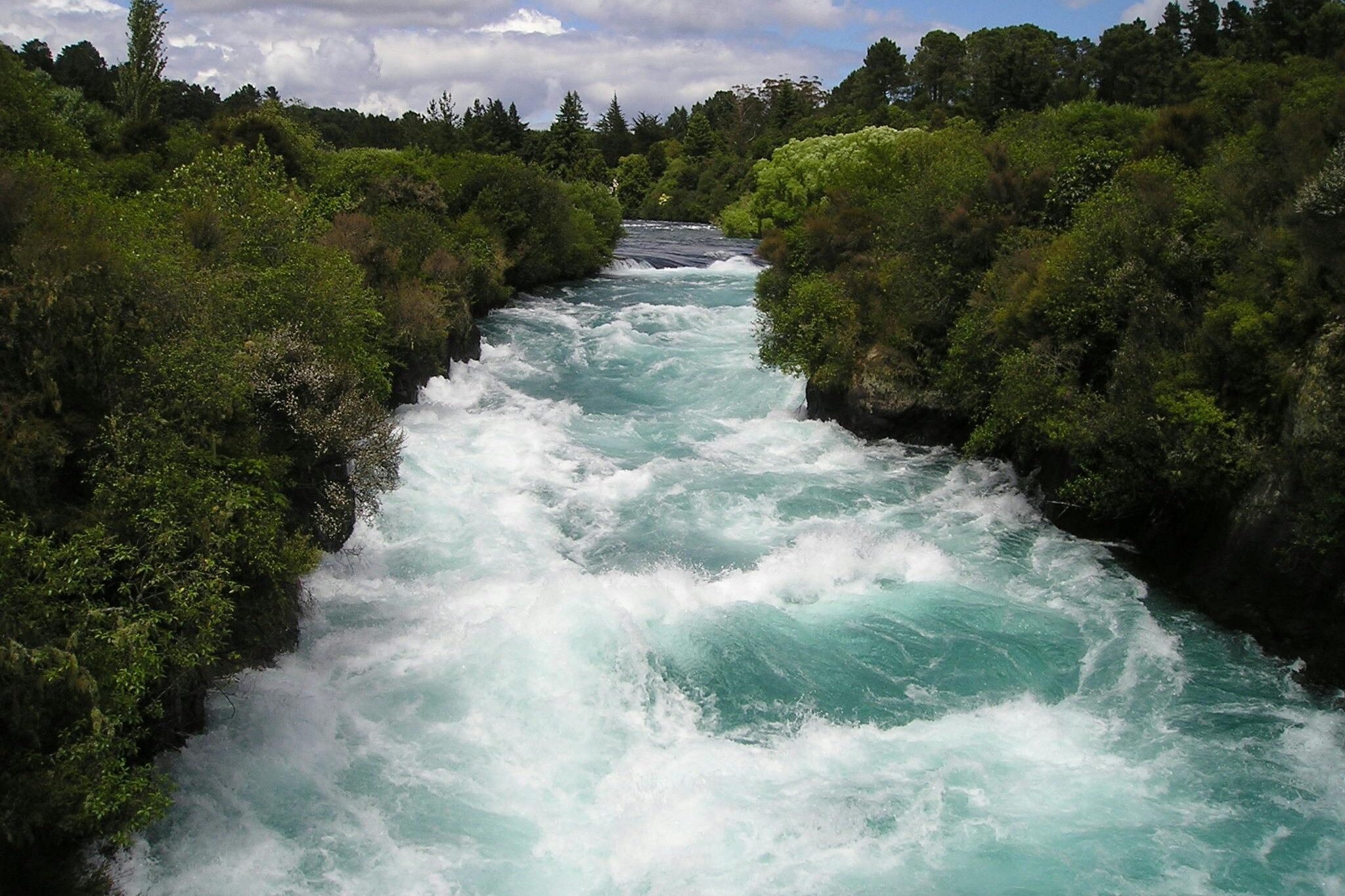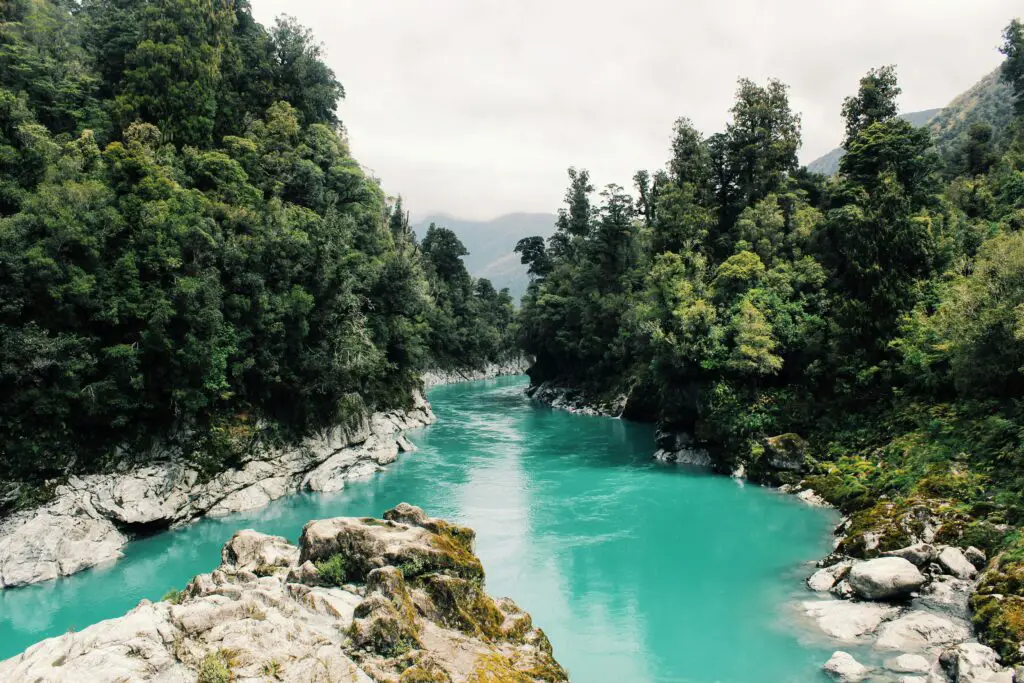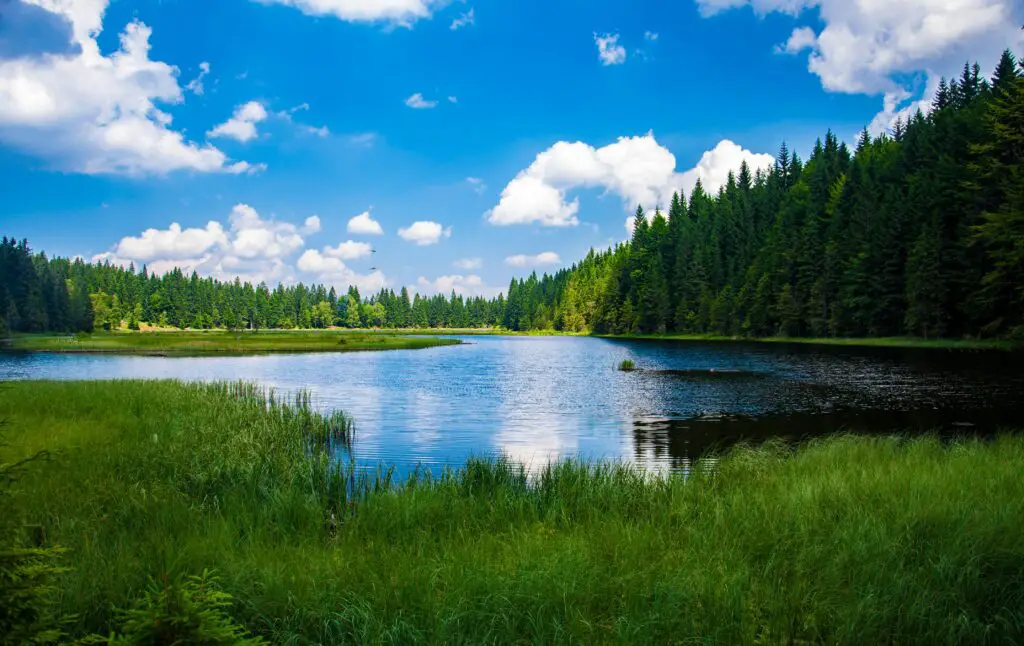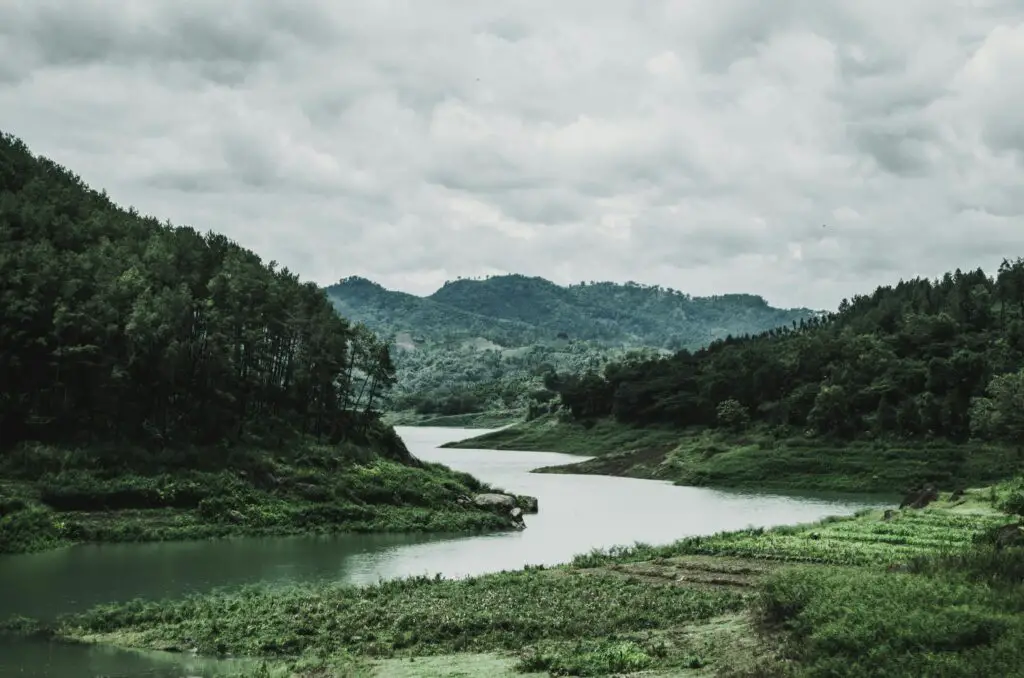1. The Singing River of Mississippi

There’s a legend along the Pascagoula River in Mississippi that says the water itself sings. Locals once claimed they could hear a ghostly chorus rising from the waves, like a mournful hymn echoing through the trees. The story goes that a Native American tribe, faced with despair, walked into the river hand in hand, choosing the water as their final resting place. Ever since, people have said the river carries their voices.
The eerie sound inspired verses in old folk songs, often sung in a hushed tone around campfires. Singers would weave in descriptions of the rolling water “calling out” as if it had a soul of its own. To some, it sounded like a lullaby, while others insisted it was more like a funeral march. The myth has given the Pascagoula River a reputation as both beautiful and haunted.
2. The River Boy of the Thames

In London folklore, there are tales of a ghostly boy who lurks along the River Thames. He supposedly drowned centuries ago and has been spotted playing by the banks ever since. Witnesses claimed to see a pale child skipping stones only for him to vanish into mist. Some even swore he lured others close to the water’s edge with laughter.
The image of a lost boy by the river found its way into somber ballads sung in old pubs. Musicians turned the story into a cautionary tale about children taken too soon and the dangers of lingering near the Thames at night. The songs often blurred the line between lullabies and laments, making the myth linger long after the final chord.
3. The Weeping River of Ireland

Ireland is full of ghost stories, but one about the River Bann has lingered for generations. Locals said the river “wept” whenever tragedy loomed over nearby villages. The weeping wasn’t a sound exactly but more of a strange churning in the waters that frightened anyone who lived close by.
Traditional Irish ballads picked up on this idea, turning the river into a symbol of fate itself. Singers described the Bann as a grieving mother, warning her children of death and sorrow. The myth gave river songs an emotional depth, making them feel almost prophetic when sung aloud. It was as if the land and the water mourned right alongside the people.
4. The Drowned Lovers of the Danube

European folklore has long tied rivers to tragic love stories, and the Danube is no exception. One tale speaks of star-crossed lovers who drowned themselves rather than be forced apart. Locals claimed their spirits turned into swans gliding silently across the current at dusk.
This haunting romance inspired melancholic river songs in villages along the Danube. Lyrics often painted the water as both cruel and compassionate, swallowing life while carrying love onward. Musicians would sing of the river as though it had a heart, keeping the lovers together forever. The myth transformed the Danube into more than just a waterway, but a keeper of devotion.
5. The River Maidens of the Rhine

The Rhine River in Germany has its own siren-like figures known as Lorelei. Legend says maidens with golden hair would sit on the rocks, combing their locks and singing sweet songs. Their melodies were so enchanting that sailors forgot to steer, leading ships to smash against the rocks.
This myth directly influenced countless German ballads, especially the famous “Lorelei” poem set to music. Songs described the river as both beautiful and deadly, filled with voices that could charm a man to his doom. Even today, the story lingers in operas and folk music, reminding listeners how easily beauty can disguise danger.
6. The Red River’s Bloody Curse

In the American South, the Red River got its name not just from its color but from ghostly stories tied to it. People once believed the river turned blood red after battles, carrying the souls of the fallen. Travelers reported seeing phantom soldiers walking the banks, still clutching weapons from wars long past.
Old Southern folk songs captured this eerie legend, often mixing it with themes of loss and memory. Musicians sang of rivers “running red” as both a literal and symbolic reminder of sacrifice. These songs became part of local heritage, giving the Red River a reputation as a watery grave that never forgets.
7. The Phantom Ferryman of the Volga

Russian folklore tells of a ferryman on the Volga River who was said to carry passengers into the afterlife. Those who claimed to see him described a shadowy figure steering a small boat with no oars. Travelers unlucky enough to accept his ride supposedly never returned.
Songs inspired by this myth turned the ferryman into a chilling symbol of fate. Folk musicians would warn listeners through lyrics about stepping onto the wrong boat or trusting the wrong guide. The river in these songs wasn’t just a body of water, but a passage between worlds. The ferryman gave the Volga a darker mystique in cultural memory.
8. The Blackwater Spirits of Virginia

In Virginia, stories spread about the Blackwater River being haunted by spirits of enslaved people who perished trying to escape. Locals whispered of shadows moving across the water at night, accompanied by faint cries. Some swore they could hear chains rattling just beneath the current.
African American spirituals and work songs often wove in references to rivers like this one. The river became a metaphor for freedom but also a reminder of the lives lost. These songs gave the myth both a mournful and empowering quality, ensuring the spirits would not be forgotten. The Blackwater became a place of both sorrow and resilience in music.
9. The River Styx Connection

Though the River Styx is mythological, its influence has touched real folklore songs across cultures. In Greek myth, it separated the living from the dead, with souls ferried across by Charon. This terrifying idea of a river as a boundary between worlds seeped into later ballads and chants.
Songs influenced by the Styx often invoked rivers as symbols of mortality. Singers would describe crossing over as both frightening and inevitable, adding a chilling layer to the music. Even though no one has ever seen the Styx, its legend shaped how people thought about rivers everywhere. It made every rushing current seem just a little more ominous.
10. The Swirling Whirlpools of the Amazon

Travelers in South America told stories of whirlpools in the Amazon that weren’t natural at all. They believed they were caused by river spirits punishing those who disrespected the water. Entire boats could be pulled under without warning, leading to tales of invisible hands dragging victims below.
Local songs and chants often reflected this danger, portraying the river as a living being with moods and tempers. Musicians sang about appeasing the spirits with offerings before setting sail. These stories gave the Amazon a mystical quality, turning it into a place of reverence and fear. The whirlpools weren’t just hazards, they were punishments from the unseen.
11. The Crying Lady by the Rio Grande

Along the Rio Grande, stories of La Llorona have frightened families for generations. The tale describes a woman who drowned her children and now wanders the riverbanks weeping, searching for them. Many claimed to hear her sobbing carried on the wind at night.
Songs inspired by this myth often blended heartbreak with cautionary warnings. Musicians described the weeping woman as a tragic figure doomed to haunt forever. The Rio Grande in these songs became a backdrop for guilt and grief, echoing the cries of someone who could never find peace. The legend gave river ballads a mournful, haunting tone.
12. The Ghost Lights of the Mekong

In Southeast Asia, the Mekong River is known for its mysterious glowing orbs that rise from the water. Locals call them naga fireballs, believing they are the breath of giant serpent spirits living beneath the surface. Scientists may argue about gas bubbles, but to villagers, the phenomenon is deeply spiritual.
Traditional songs about the Mekong often celebrate these lights as signs of the nagas’ presence. The river became not just a source of life but a sacred link to the unseen world. Musicians would sing about the glowing orbs as blessings or warnings, depending on the tale. The myth turned the Mekong into a stage where heaven and earth seemed to meet.
